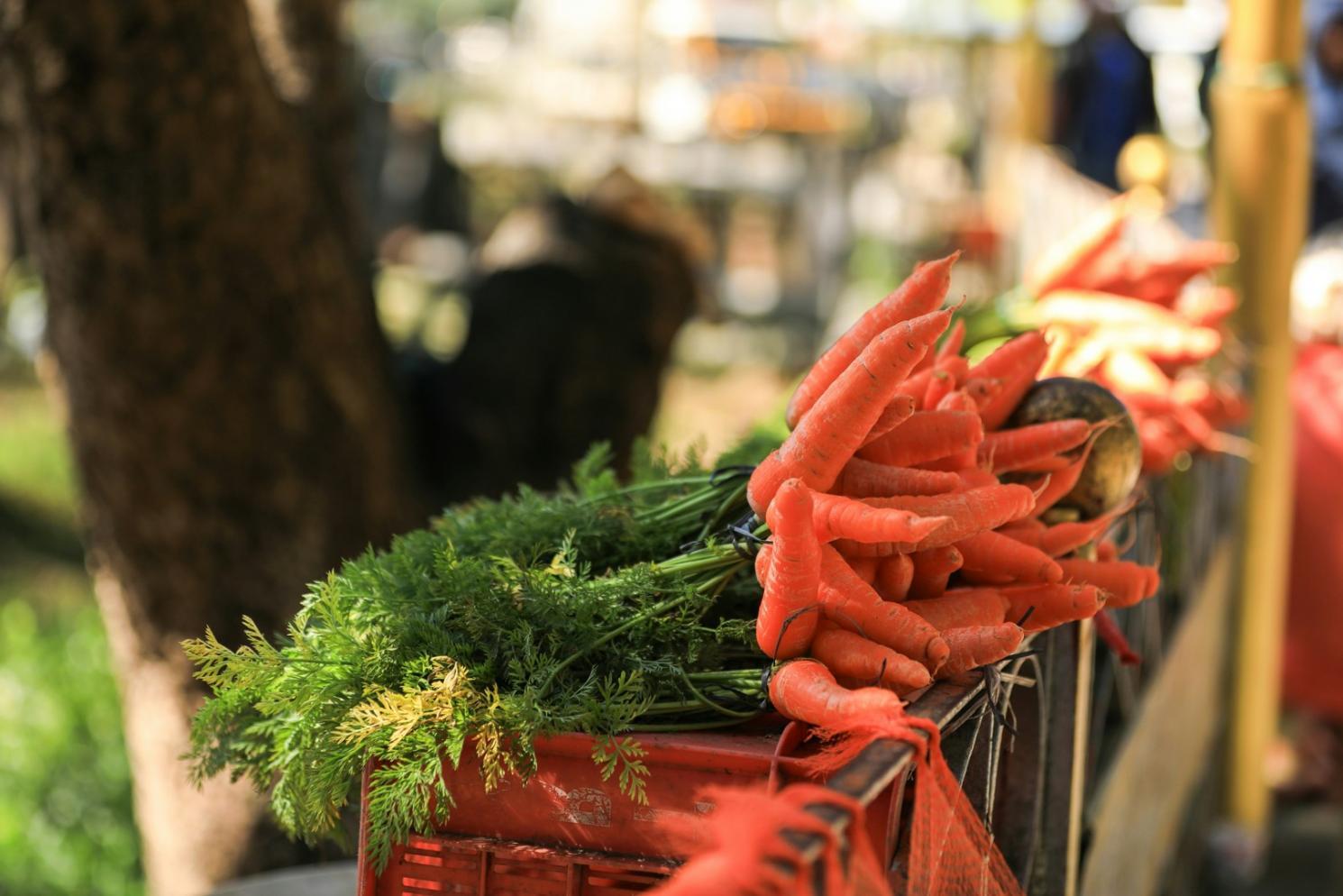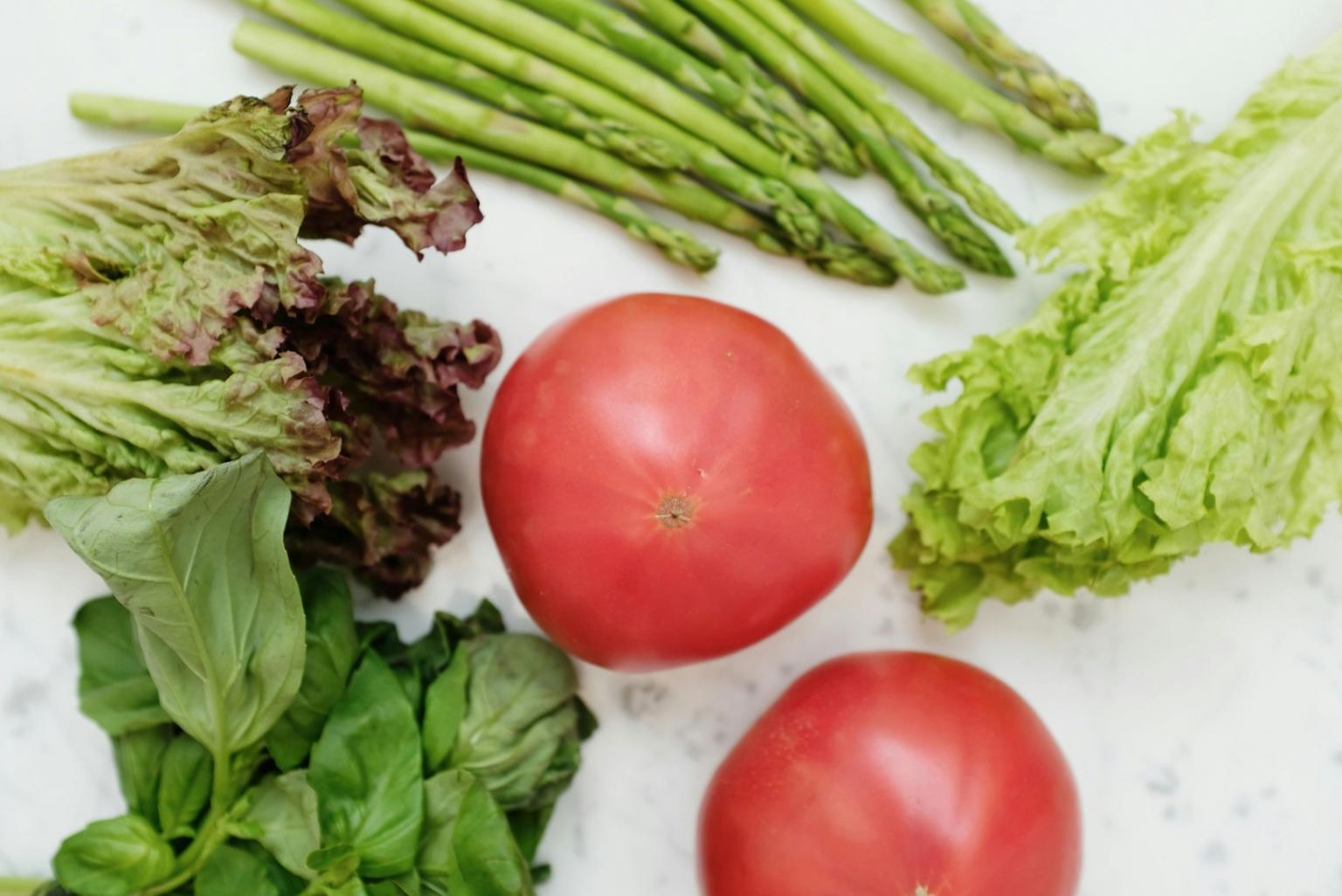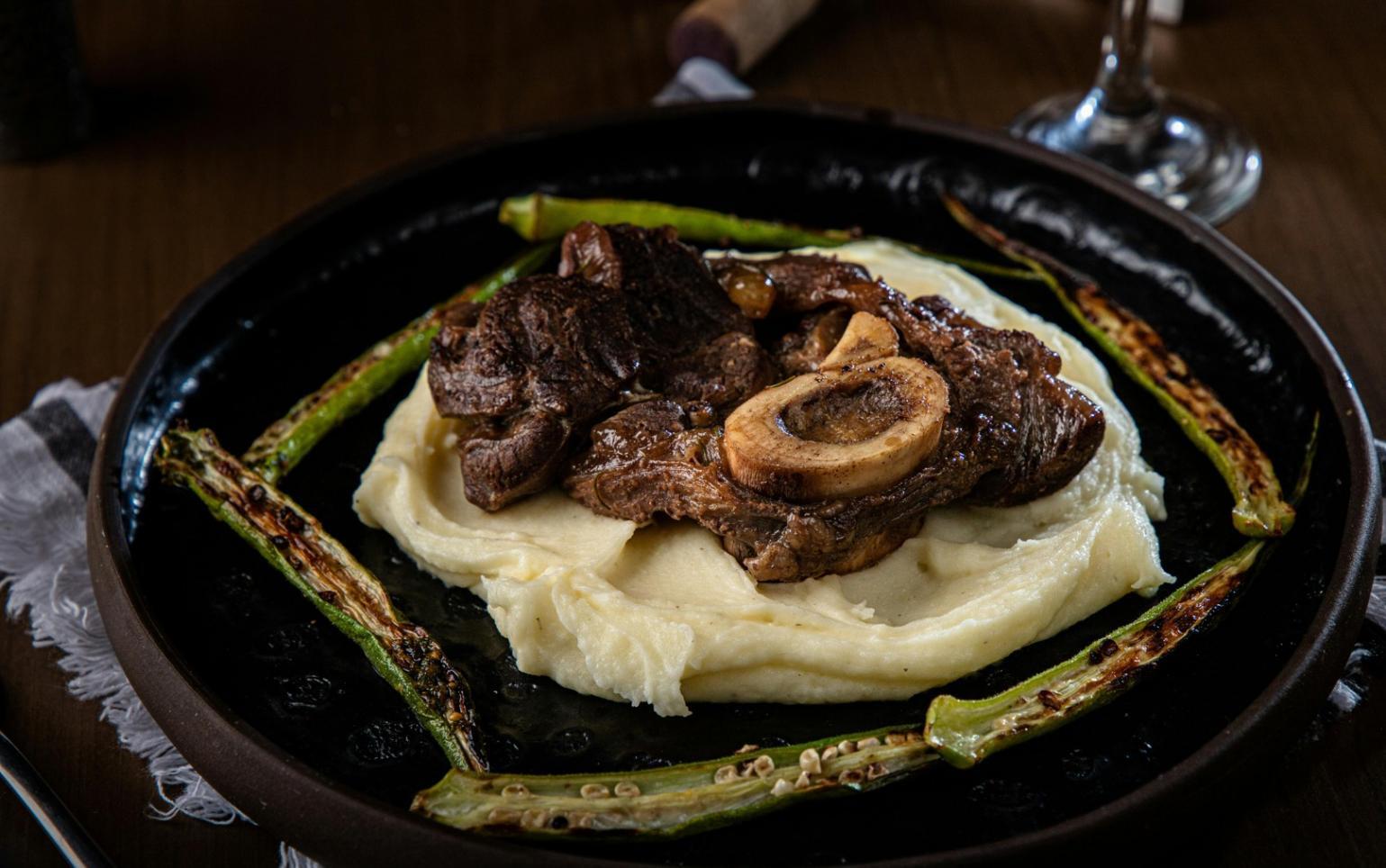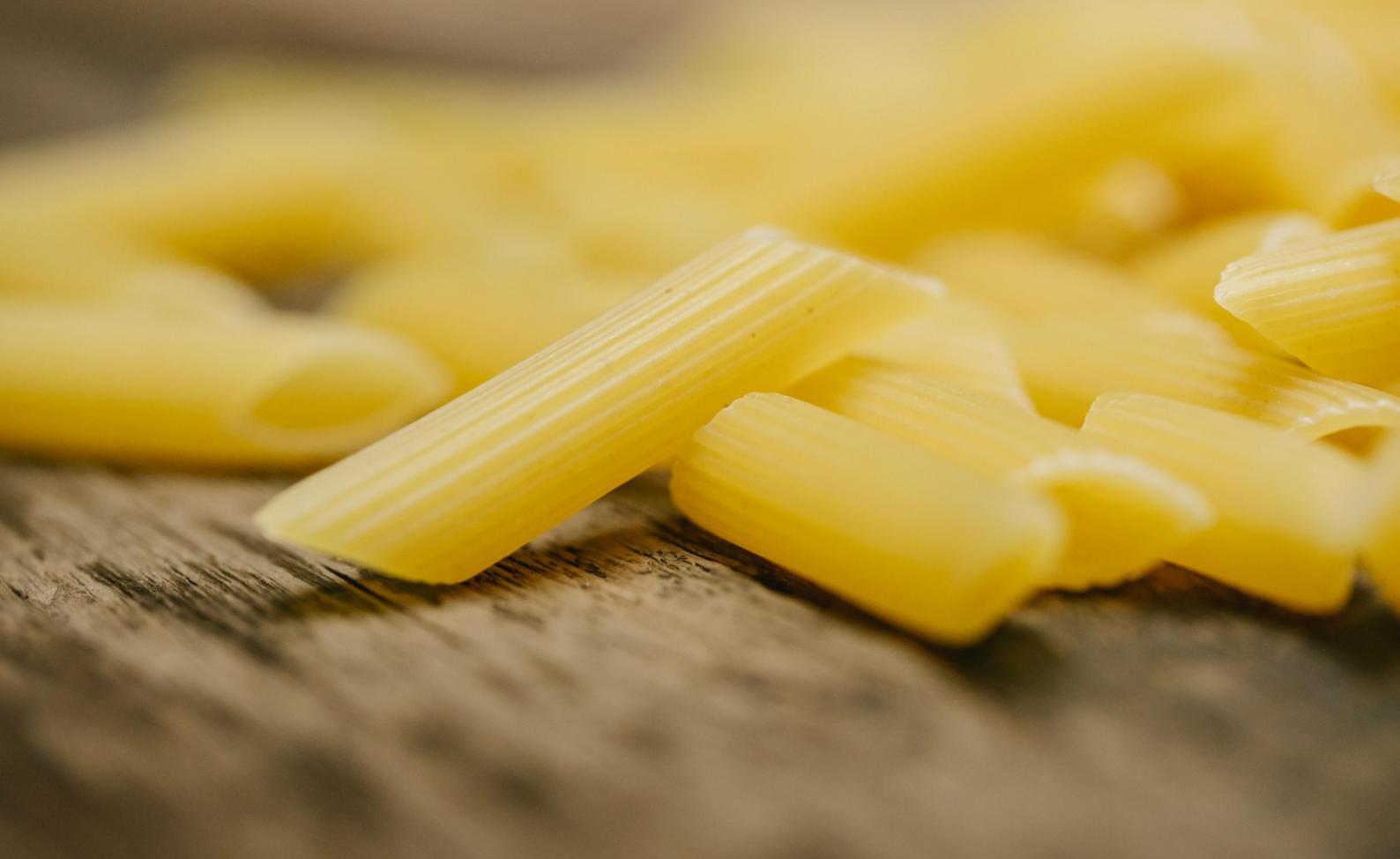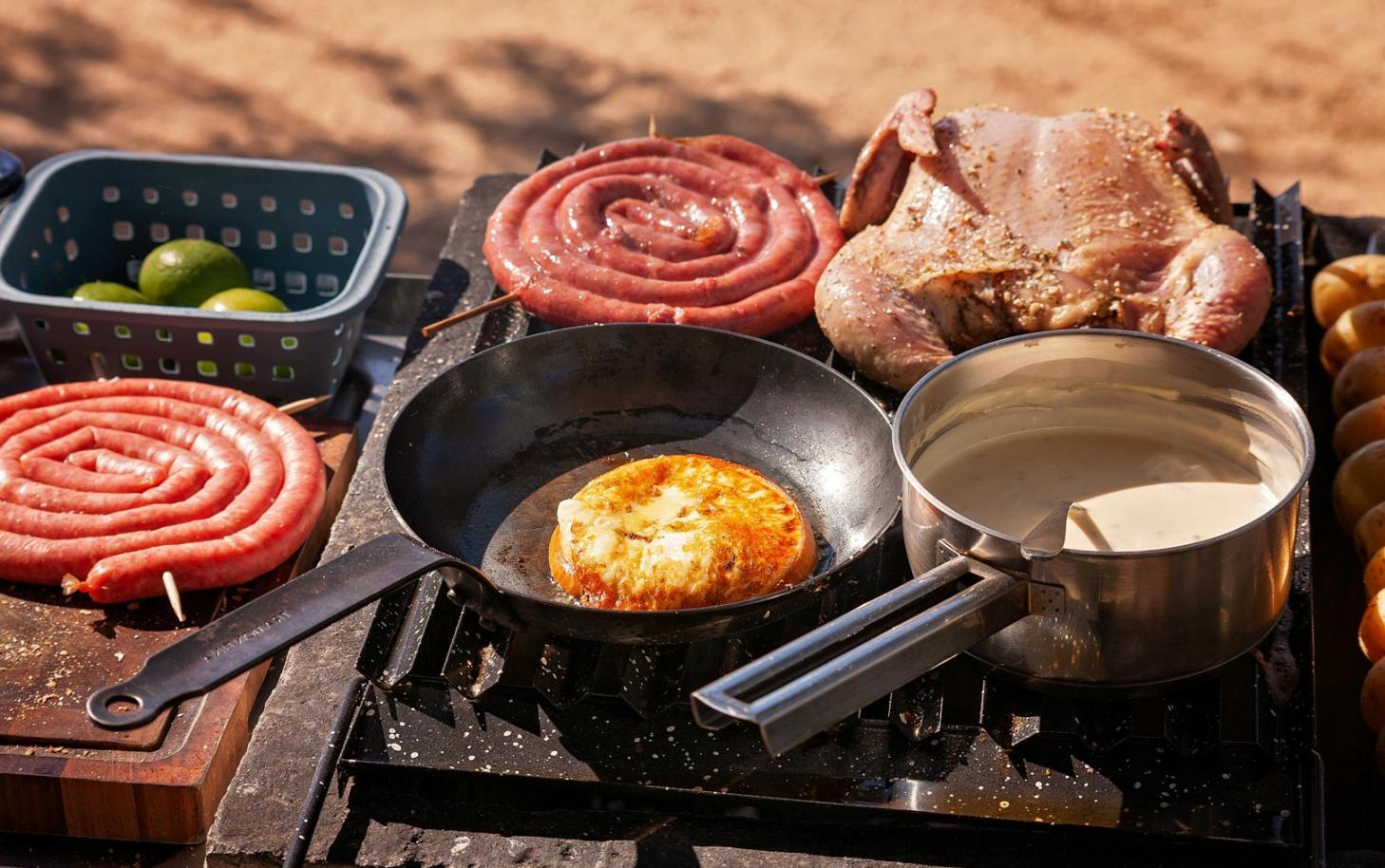Why Regional Cooking Techniques Matter
Most cooking schools teach standardized recipes. But authentic ethnic cuisine isn't about following instructions—it's about understanding why ingredients work together.
Take Middle Eastern mezze preparation. The timing of adding tahini to hummus completely changes its texture. Or consider Thai curry paste—the order you grind ingredients affects the final flavor profile. These aren't small details. They're what separate home-cooked meals from restaurant replicas.
Our sessions focus on the practical skills that matter. You'll work with actual tools used in home kitchens across different regions—not fancy commercial equipment you'll never own.
